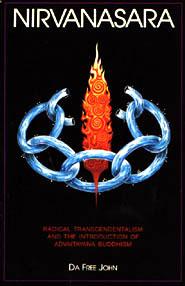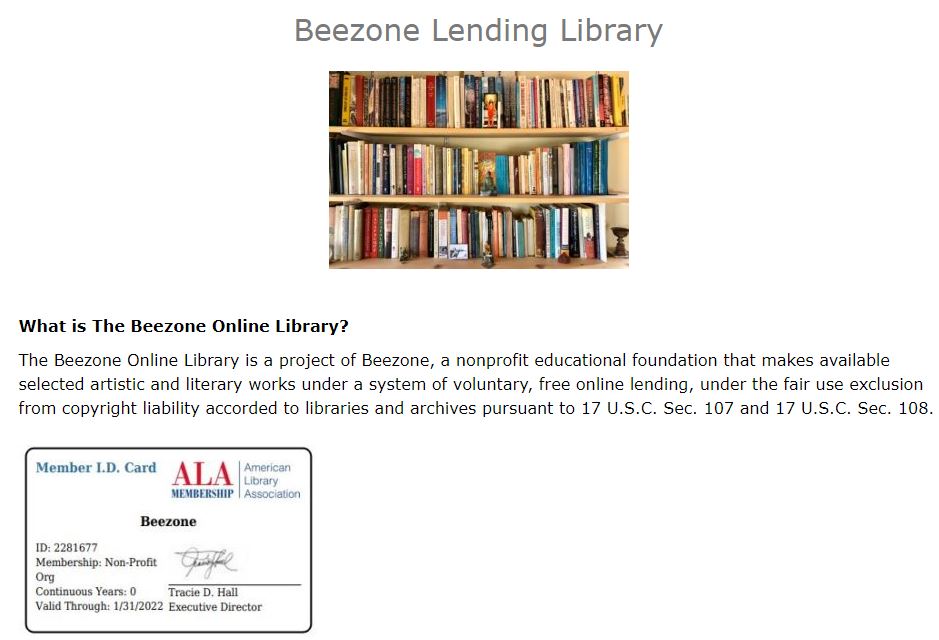
Radical
Transcendentalism and the Introduction of Advaitayana
Buddhism
Da Free John (Adi Da Samraj) – 1982
Table
of Contents
Chapter
One
The Purification of
Doubt and Differences via the Introduction of Advaitayana
Buddhism
In this age of
scientific materialism, doubt is the only certainty and the
only substance of mind. Therefore, people in this age are
profoundly crippled in their ability to grasp matters of
higher certainty or to relate to subtler mental and physical
processes. Likewise, they have been wounded in the root
wherein we are naturally moved toward Truth (rather than
what is merely and temporarily factual or true). Therefore,
this is an age in which people demonstrate little ability to
understand and practice real religion or spirituality.
Transcendental Awakening or Divine Realization has been
reduced in the popular mind to the status of mere literary
mythology. Because of all of this, my Teaching Work suffers
a vague reception, and what I have made plain is commonly
regarded to be unreal.
The Great Tradition
1 suffers in this same situation. The modern interpreters of
the traditions generally do not approach their subject as
practitioners and wise advocates. Rather, they approach
their subject with this “scientific mind,” empty of
everything but doubt and doubt’s opinion. The usual
interpreters of religion and spirituality are not themselves
really religious or spiritually motivated. At most they may
represent some conventional and profoundly secularized
“religious” mind (such as tends to characterize contemporary
Christianity), but there is a great range of presumptions
common to the traditional structures of religious and
spiritual consciousness that such individuals simply cannot
uphold. Such presumptions include the certainty of the
continuation of existence after death, experiential
presumptions about the “invisible” or non-elemental (or at
least higher elemental) dimensions of the cosmos of Nature,
presumptions about the reality of spirits, ghosts, subtle
entities and powers magic, miracles, mystical ascent and
experience, the laws of karma (or the cause and effect laws
that necessarily produce the future from the actions or
motions of all present processes), and the supremely
valuable resource or instrument of Help represented by
individuals who are either highly evolved or perfectly
Awakened. It is the blind or weakness represented by the
inability to make such presumptions that causes scholars to
misinterpret secularize, and generally underestimate the
traditional sources. And it is this same disability that
makes popular interest understanding, practice, and ultimate
conversion to the Way of Truth so unlikely in this
age.
For further reading go to:
